Can You Pass A Drug Test If You Smoke Thca

Imagine this: It's a sunny Tuesday morning. You've just landed your dream job. The offer letter is in hand, the salary is fantastic, and the team seems amazing. There's just one catch: a looming drug test standing between you and your new career.
The rapidly evolving landscape of cannabis legality has introduced a new player: THCA. As hemp-derived products flood the market, many find themselves wondering whether consuming these products, specifically THCA, could lead to a positive result on a standard drug test. This question impacts employment, athletics, legal matters, and many other aspects of life.
THCA, or tetrahydrocannabinolic acid, is the non-psychoactive precursor to THC, the compound famous for the "high" associated with cannabis. But does its non-psychoactive nature mean it's undetectable or irrelevant when it comes to drug testing? The answer is more complicated than a simple yes or no.
Understanding THCA and Drug Tests
Drug tests primarily screen for THC, specifically THC-COOH, a metabolite produced when the body breaks down THC. So, the real question is: can consuming THCA lead to the presence of THC or THC-COOH in your system?
The answer to that question depends on a few factors. THCA itself won't trigger a positive drug test. It's the potential conversion to THC that creates concern.
Decarboxylation is the key process to understand. This occurs when THCA is heated, converting it into THC. Smoking or vaping THCA-rich products, therefore, will inevitably lead to THC entering the bloodstream.
Decarboxylation: The Conversion Factor
Decarboxylation is the process of removing a carboxyl group from a molecule. In the case of cannabis, this means removing a carboxyl group from THCA to form THC.
Heat is the primary catalyst for this conversion. Think of it like baking a cake: the heat transforms the raw ingredients into the finished product.
Even if you're not directly heating THCA products, some conversion can occur over time, especially when exposed to sunlight or warm temperatures.
How THCA is Metabolized
Even if some THCA doesn't fully convert to THC before entering your body, your body can still metabolize it. Metabolic processes may also lead to the creation of THC or THC-COOH. This means that even if you consume raw THCA, some amount of THC may still be present in your system.
The extent of this conversion varies depending on individual factors such as metabolism, dosage, and frequency of use. These variations make it difficult to predict exact results.
Because of metabolic conversion, the concentration of THCA in the product is less important than if it could convert to an illegal dose of THC. A product with a higher concentration of THCA has a higher risk of converting to illegal concentrations of THC.
The Legal Landscape: A Shifting Sand
The legality of THCA is complex and varies widely depending on location. Many hemp-derived THCA products exist in a legal gray area.
The 2018 Farm Bill legalized hemp, defined as cannabis containing less than 0.3% THC. Some argue that this bill inadvertently legalized THCA as long as the final product meets the THC threshold.
However, this interpretation is contested, and many states have introduced or passed legislation to regulate or ban THCA products. It is very important to be aware of federal, state, and local laws when it comes to THCA.
Real-World Implications and Testimonials
Stories abound of individuals testing positive for THC after consuming what they believed to be legal THCA products. These experiences highlight the uncertainty and risk involved.
One anonymous user on a popular online forum shared their experience: "I bought some THCA flower thinking it was safe because it was hemp-derived. I failed a drug test for work and almost lost my job! I didn't even smoke it; I just made edibles."
Another user commented, "I vape THCA regularly and always pass my tests. Maybe it depends on the product and how often you use it?"
“The variability in these experiences underscores the need for caution and awareness,” says Dr. Emily Carter, a cannabis researcher. “Individuals should be fully informed about the potential risks before consuming any THCA product.”
Mitigation Strategies and Precautions
If you're facing a drug test and have consumed THCA products, there are a few strategies you might consider. Complete abstinence is the most reliable way to avoid a positive test.
Various detox products claim to accelerate the elimination of THC from your system. However, the scientific evidence supporting their effectiveness is limited.
Open communication with your employer or testing agency may be an option in some cases. Be sure to speak with a professional before disclosing THCA usage.
Understanding Detection Windows
The detection window for THC varies depending on the type of test used and individual factors such as metabolism and frequency of use. Urine tests are the most common and typically detect THC-COOH for several days to weeks after use.
Hair follicle tests have the longest detection window, potentially detecting THC for up to 90 days. Blood tests have a shorter window, typically detecting THC for a few days.
Saliva tests also have a relatively short detection window, usually detecting THC for up to 24-72 hours. It is very important to know the time since last use of the product.
Looking Ahead: The Future of Cannabis Testing
As cannabis legality evolves, so too will drug testing methodologies. Research is underway to develop more precise tests that can differentiate between THC from different sources, such as hemp versus marijuana.
Some companies are exploring breathalyzer technology to detect recent cannabis use, similar to alcohol breathalyzers. These advancements could offer a more nuanced approach to drug testing.
Regulatory clarity is also crucial. Clear guidelines and standards for THCA products and testing protocols are needed to protect both consumers and employers.
Conclusion: Navigating the Haze
The question of whether you can pass a drug test after consuming THCA is complex. The potential conversion of THCA to THC, coupled with varying legal landscapes and individual metabolic factors, makes it difficult to provide a definitive answer. Vigilance, awareness, and informed decision-making are key.
As Dr. Carter puts it, "The best approach is to be fully informed, understand the risks, and make choices that align with your personal and professional obligations." Navigating the evolving world of cannabis requires diligence, especially when it comes to matters as important as employment and legal compliance.
The journey toward a clear understanding of THCA and its impact on drug testing is ongoing. Keeping abreast of the latest research and regulations is essential for making informed decisions in this ever-changing landscape.

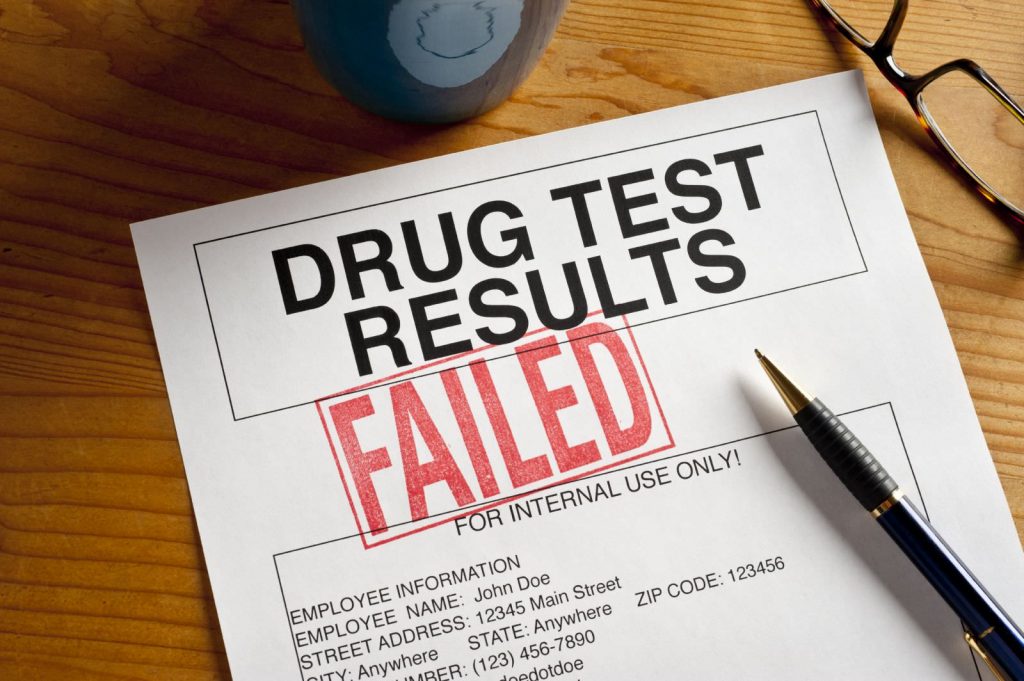
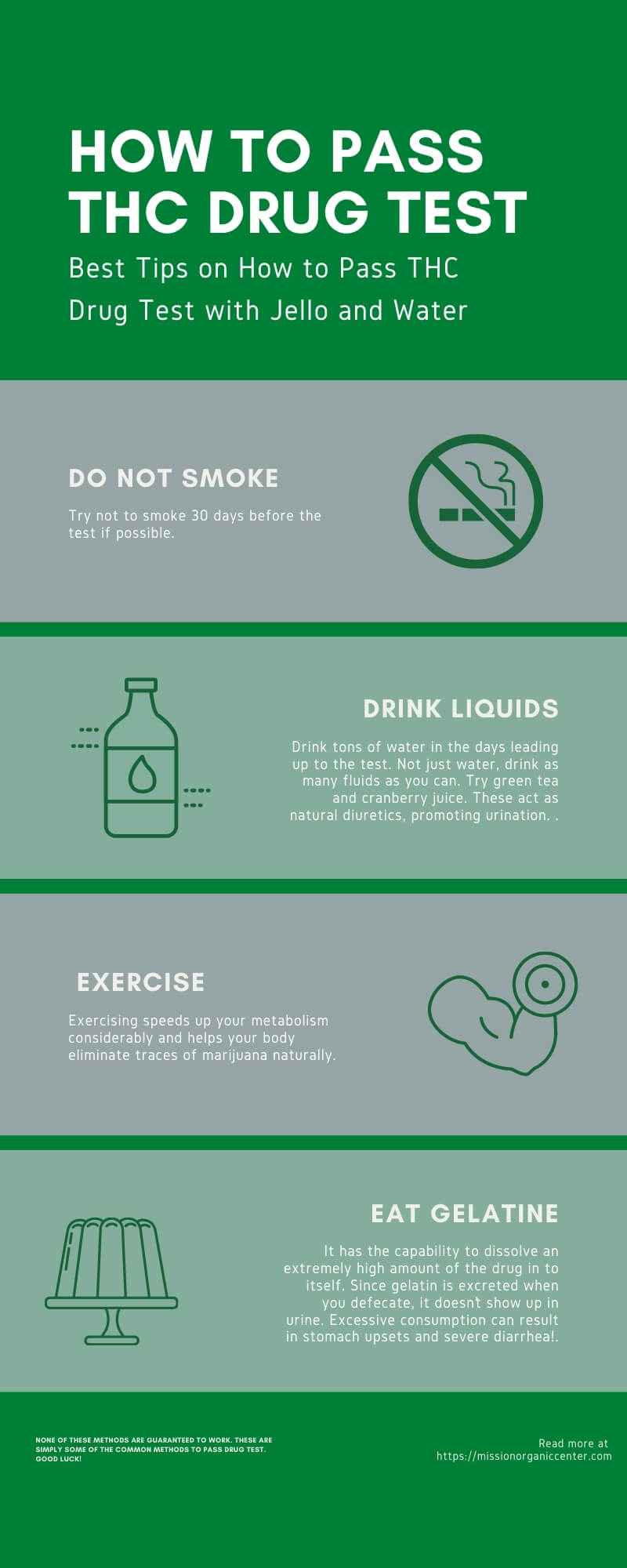


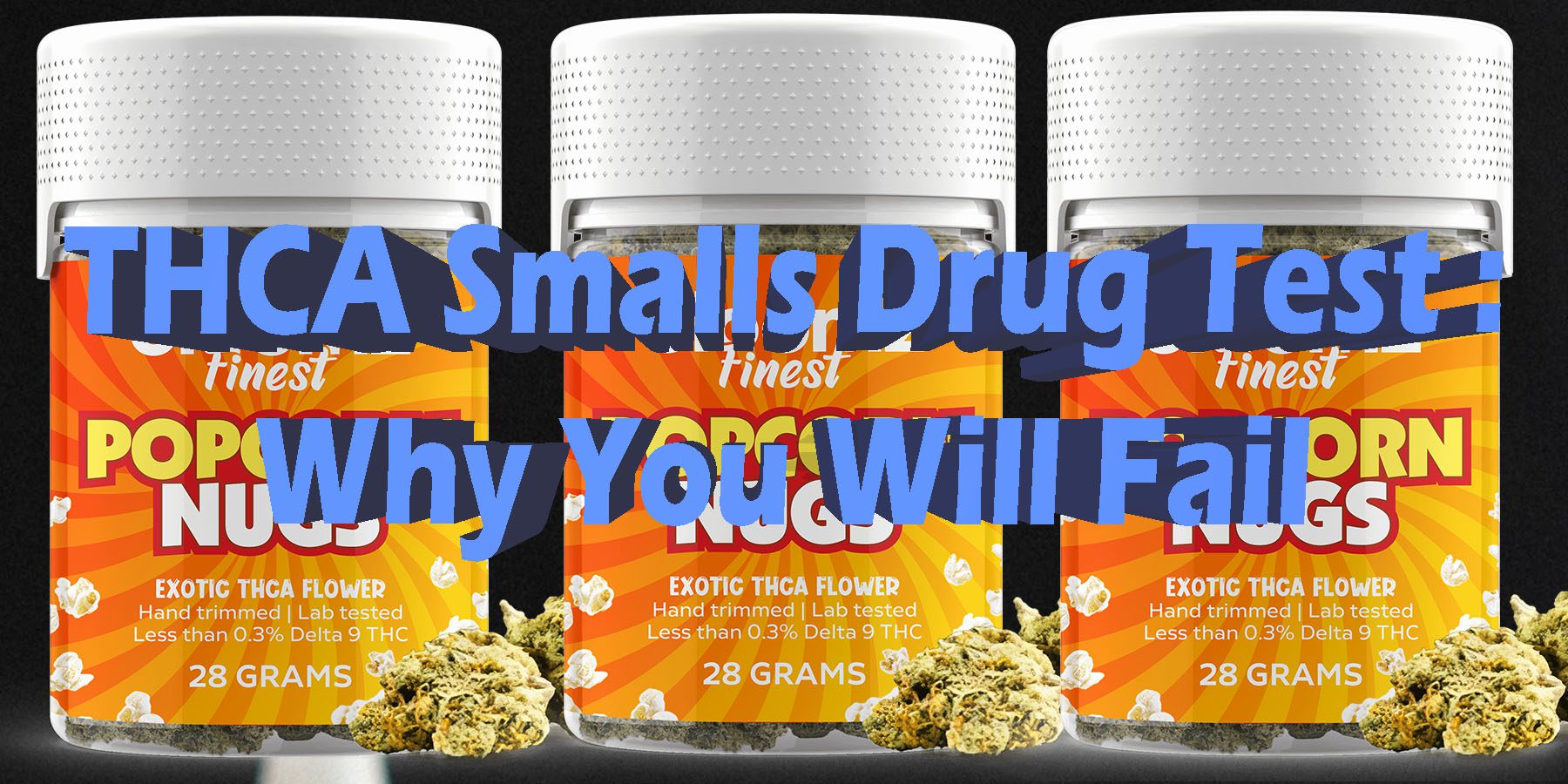
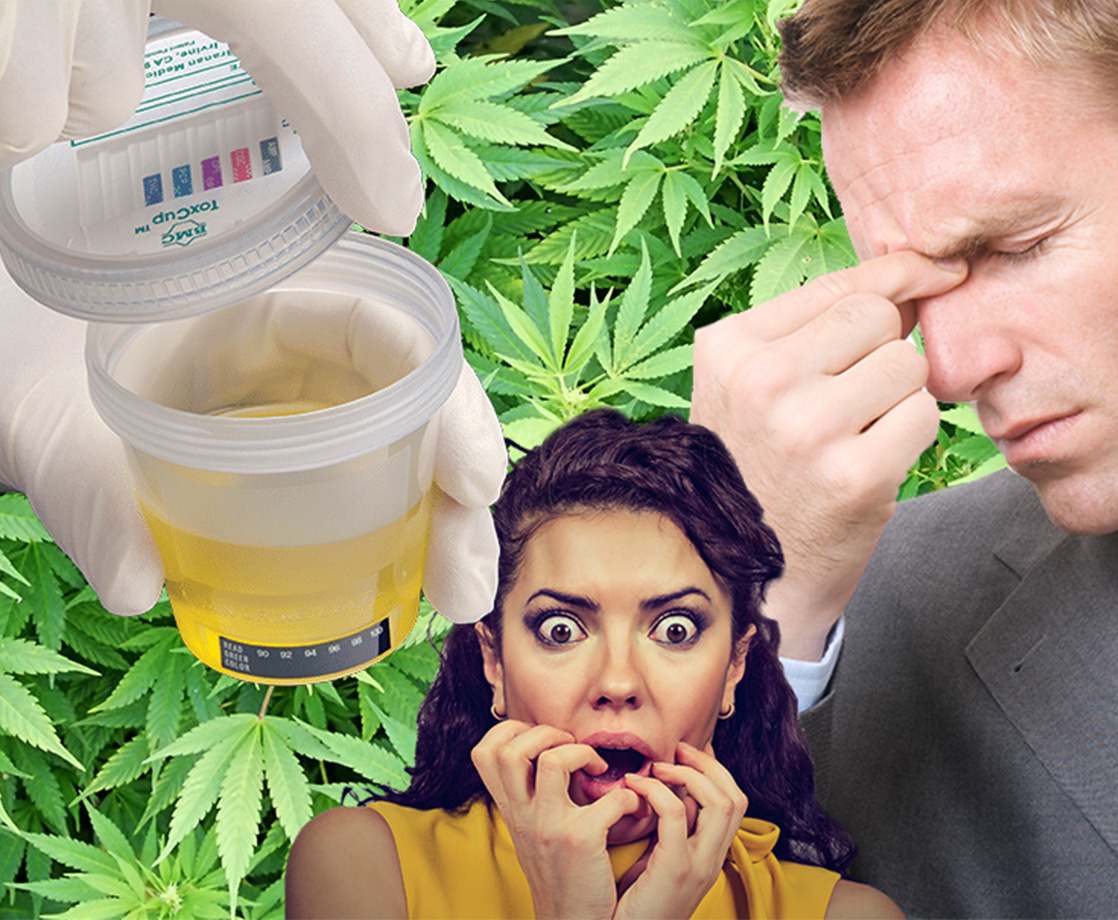
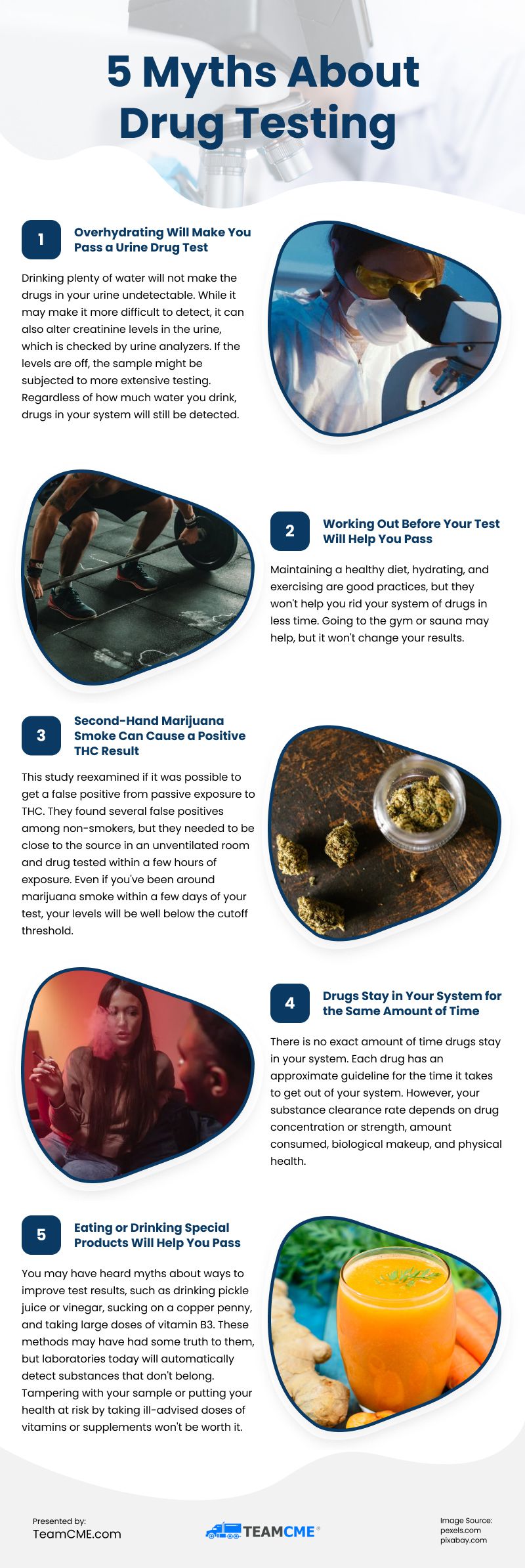
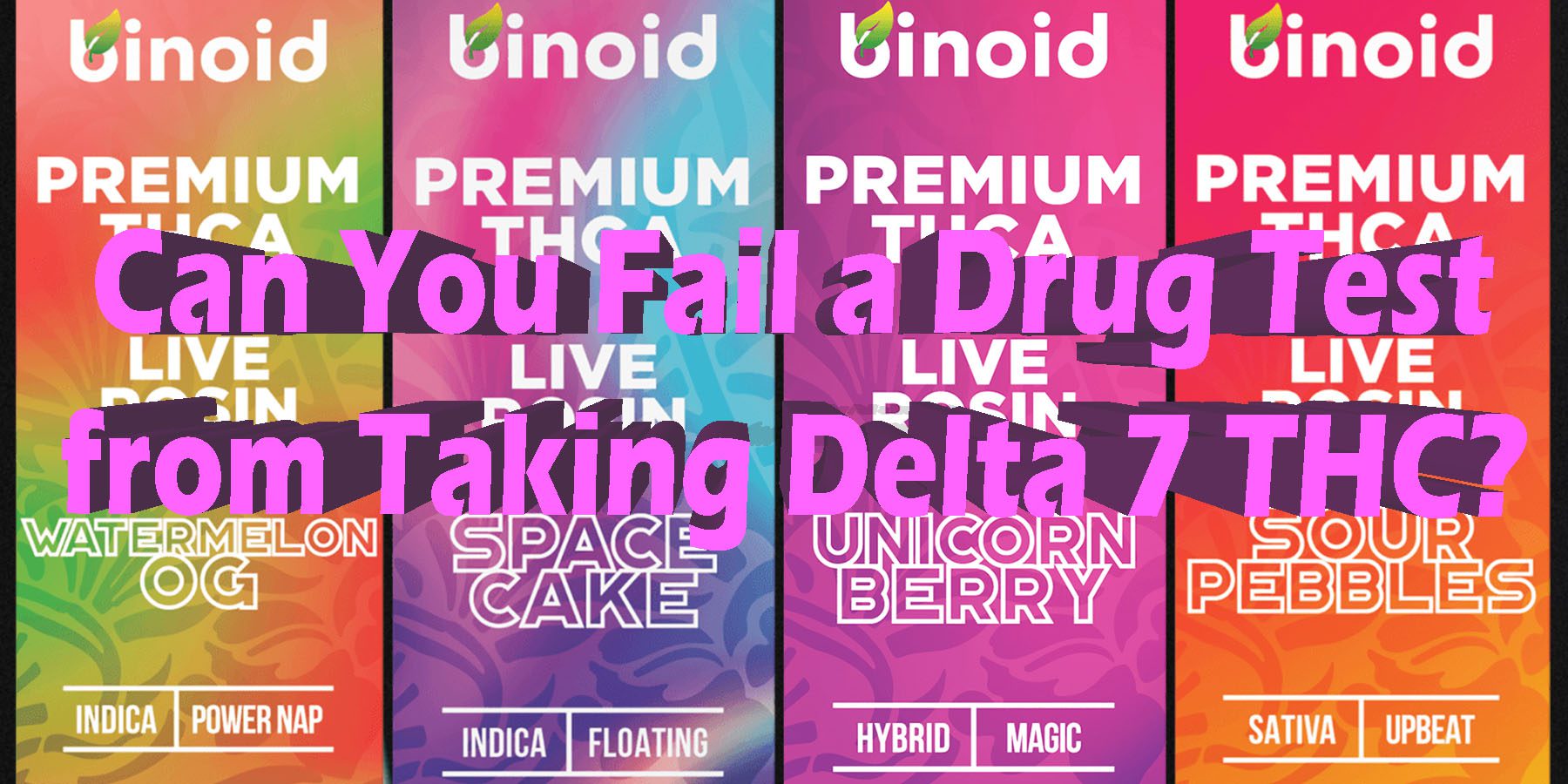
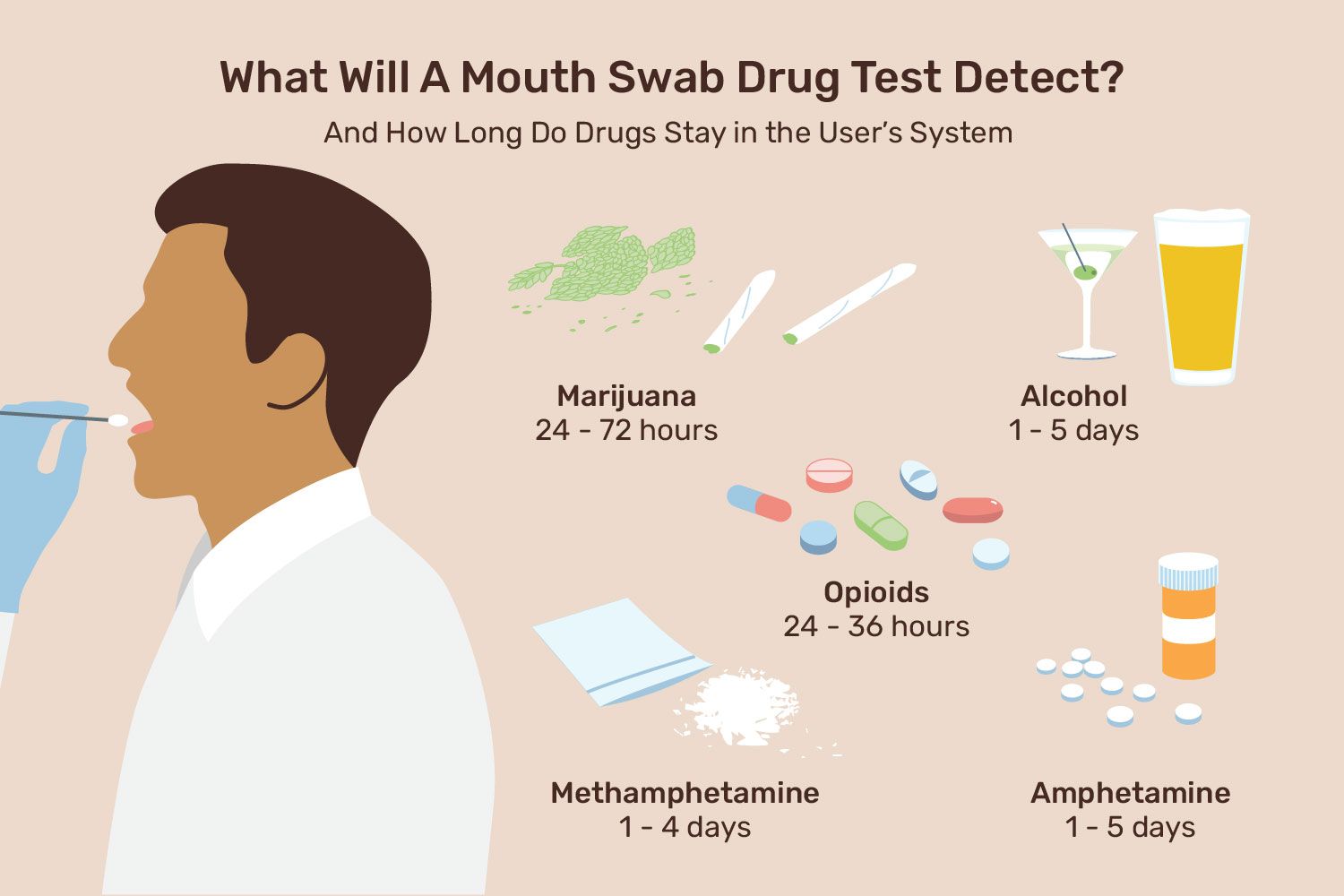



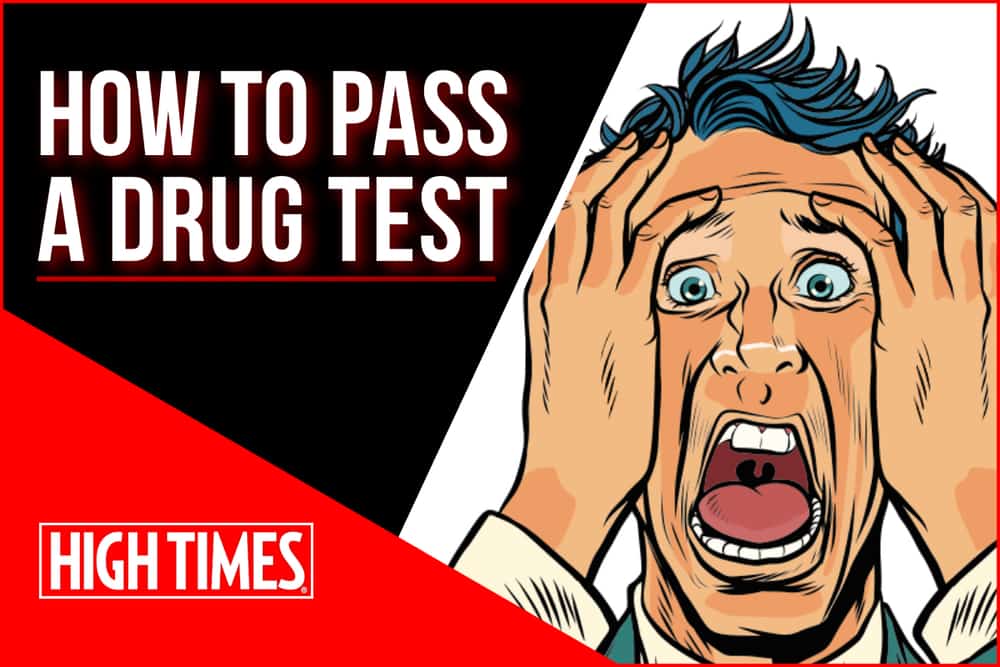


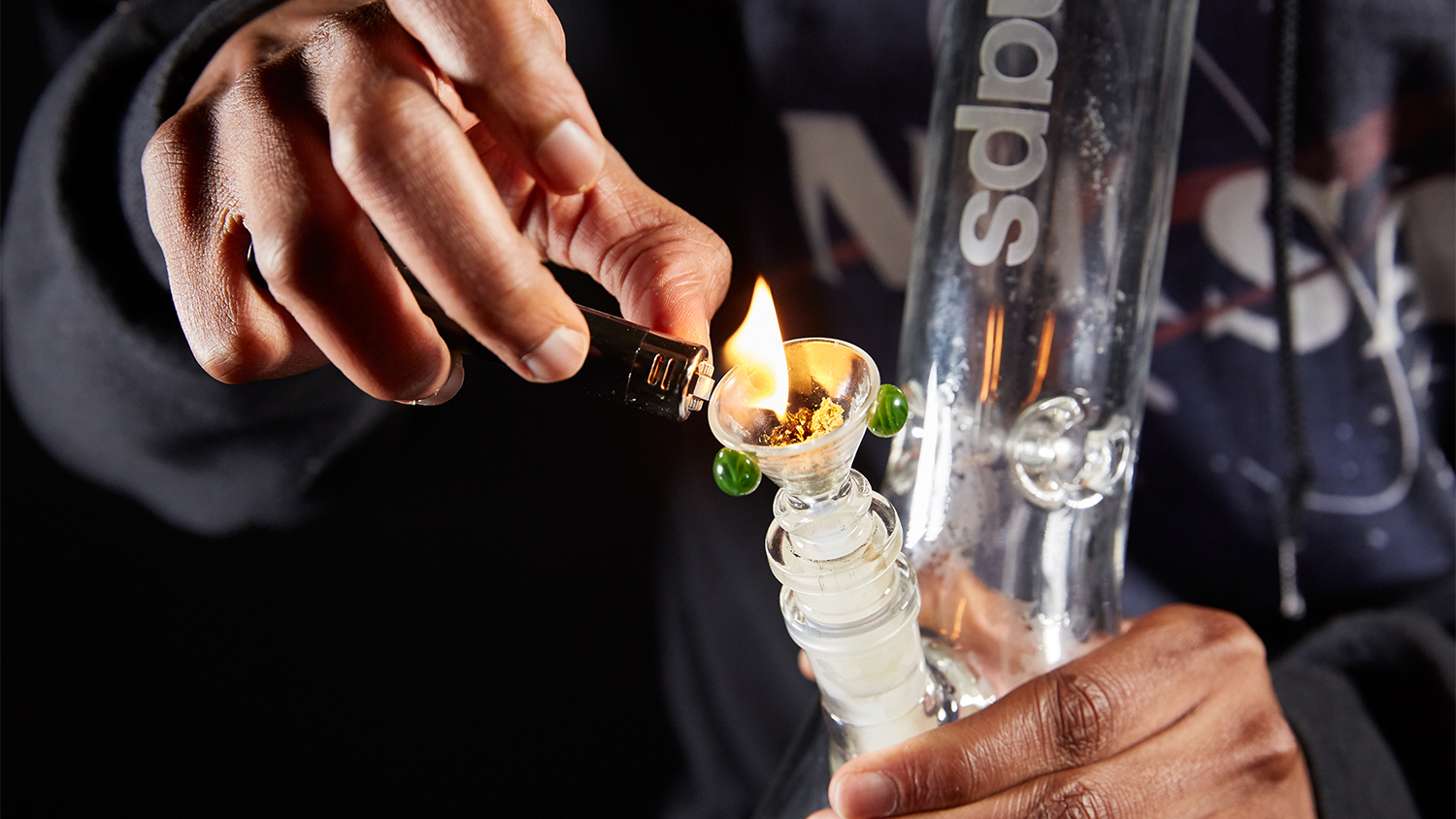
![Can You Pass A Drug Test If You Smoke Thca How Long Do THC & Edibles Stay in Your System? [Precise Calculator]](https://greencamp.com/wp-content/uploads/2019/02/how-long-thc-stays-in-system-table.jpg)
